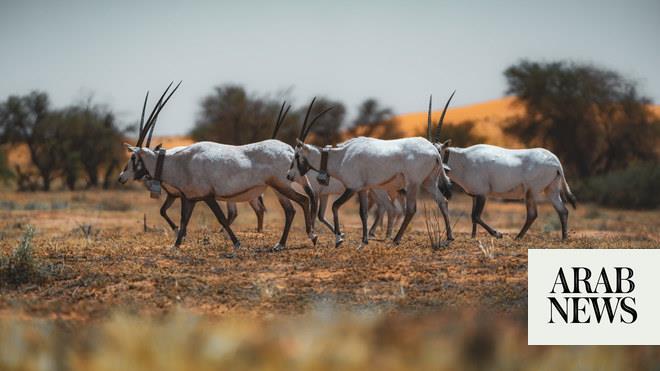
In March daily images of empty supermarket shelves conjured dread as toilet paper and pantry supplies were stockpiled across the world. On 26 October one photo of an empty Woolworths shelf in Melbourne, cleared of that day’s doughnuts, sparked hope.
“Everyone in Melbourne’s had the same idea! Sold out donuts!” Sally Rugg, author and executive director of change.org, tweeted to her 46,000 followers.
Just hours after Victoria’s Department of Health and Human Services announced the state’s first day of zero new cases and zero deaths since early June, locked-down residents started celebrating the end of the second wave of Covid-19 infections with doughnuts, posting photos and emojis on social media with the hashtag #donutday.
Victoria’s premier, Daniel Andrews, declared it a “good day” and posed with a classic glazed, while the state’s chief health officer, Prof Brett Sutton (who has replaced the “O” in his Twitter username with a doughnut emoji) was welcomed home from work with a mixed box.
Six consecutive days of no new cases in Victoria, and Saturday marking Australia’s first day without locally acquired cases since 9 June, have seen the hashtag boom, with doughnut shops feeling the reverberations.
“Doughnuts make people happy – I couldn’t imagine a better way to celebrate,” says Anthony Ivey, co-owner of Shortstop Coffee and Donuts in Melbourne’s city centre.
Since restrictions lifted, Shortstop’s sales have doubled, and they’ve sold out just after lunch on every double-zero (no new cases, no new deaths) day.
“I didn’t know it was going to be a thing but one of our regular customers said he was waiting until the first ‘donut day’ to have his first doughnut after lockdown,” Ivey says.
The unexpected trend caught purveyors off-guard, with some upping output and others jumping on the news to promote deals and giveaways.
“The first four or five zero days [production] was significantly higher,” says Raph Rashid, owner of All Day Donuts in Brunswick. “We were making double or triple what we normally do.”
Although Rugg was an early trend adopter of the hashtags #donutday and #putoutyourdonuts – reminiscent of the #putoutyourpotatoes trend after Peter Dutton lost the leadership spill in 2018 – she says she had already seen the term on Twitter that morning.
Of course #donutday has been tagged many times before, for National Donut Day in the US, first celebrated in 1938 to honour the Salvation Army “Doughnut Lassies” – women who served doughnuts and coffee to frontline troops during the first world war.
But in Australia, doughnuts have symbolised Covid hope since 20 April, when Anthony Macali, data and reporting analyst and founder of Covid Live, tweeted a doughnut emoji in commendation of South Australia’s third day of zero new cases.
Since then, Macali has created graphics with sprinkled sweets in place of zeros, and used doughnut emojis on Twitter as shorthand for “no new cases today”. Covid Australia, another data account, credits him with starting the trend.
“Usually waiting for Covid numbers each time is tense and anxious, so I thought donuts might be a fun … way to celebrate achievements,” Macali tells Guardian Australia, saying he got the idea from tennis, where a “bagel” or a “doughnut” is slang for a set that ends 6-0.
Although one Twitter user suggested “love day” as another tennis-themed alternative, fried food won.
“I never thought it would extend past our initial zero-case day but here we are,” Macali says. “[Donuts are] a way to treat ourselves during this lockdown [but] I think any treat is valid, it doesn’t have to be a donut.”
Melbourne’s doughnut connoisseurs have welcomed the silliness and optimism of it all, feeling connected through small indulgences. And, after spending more than half of 2020 in lockdown, Rashid says Melburnians just needed something lighter to focus on – “anything just to break it up”.












